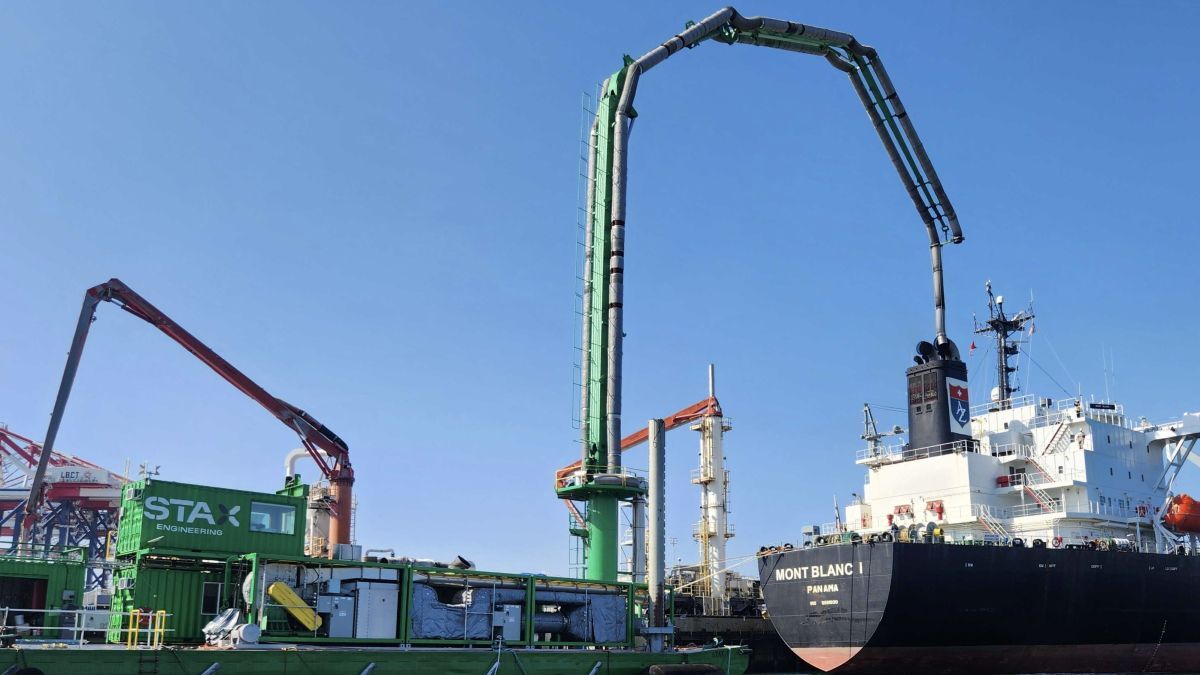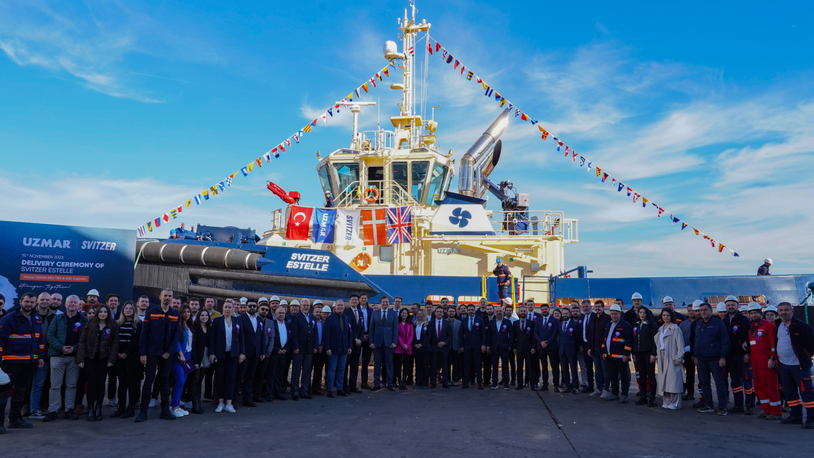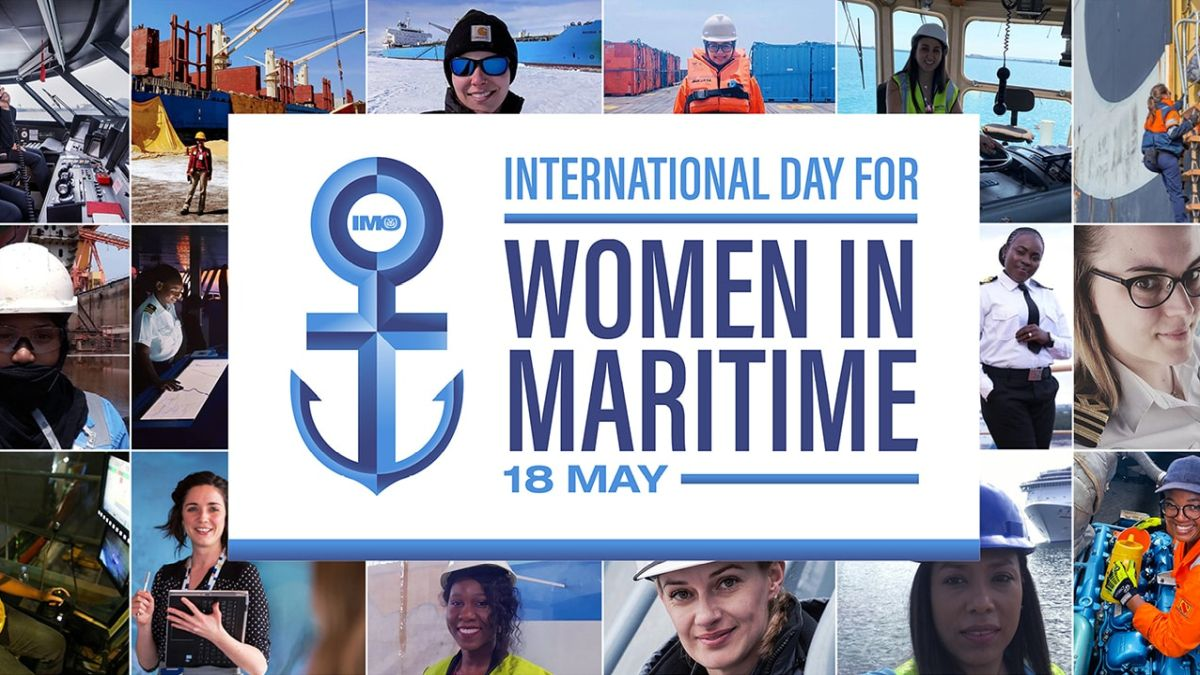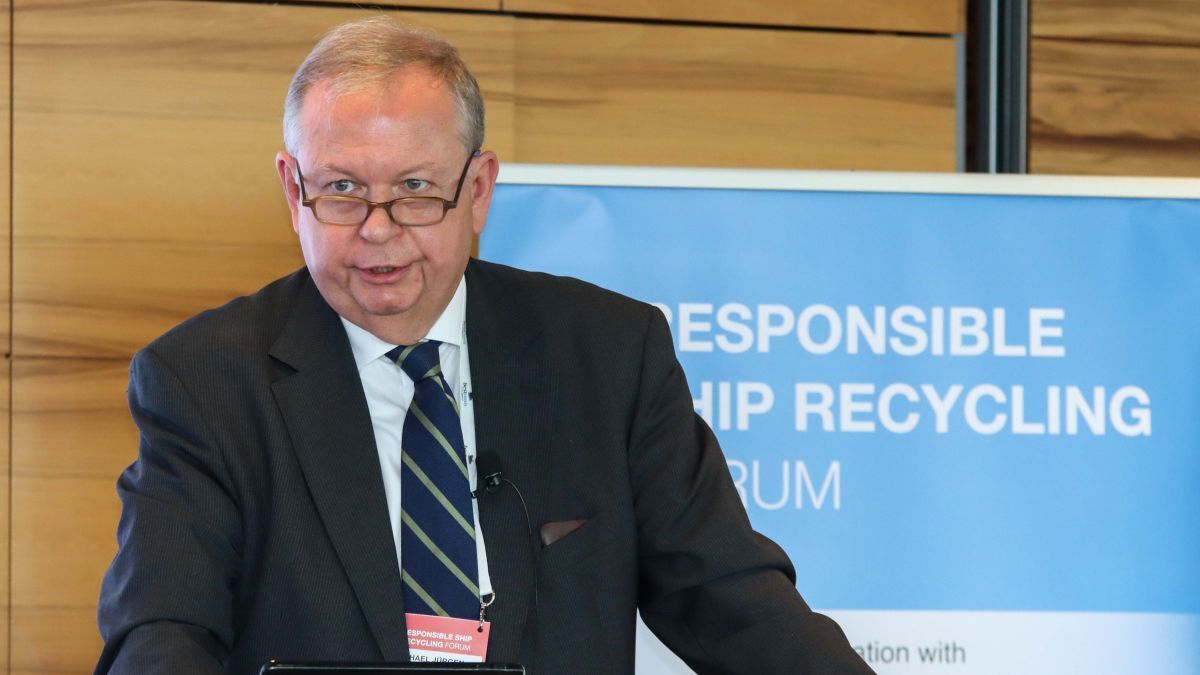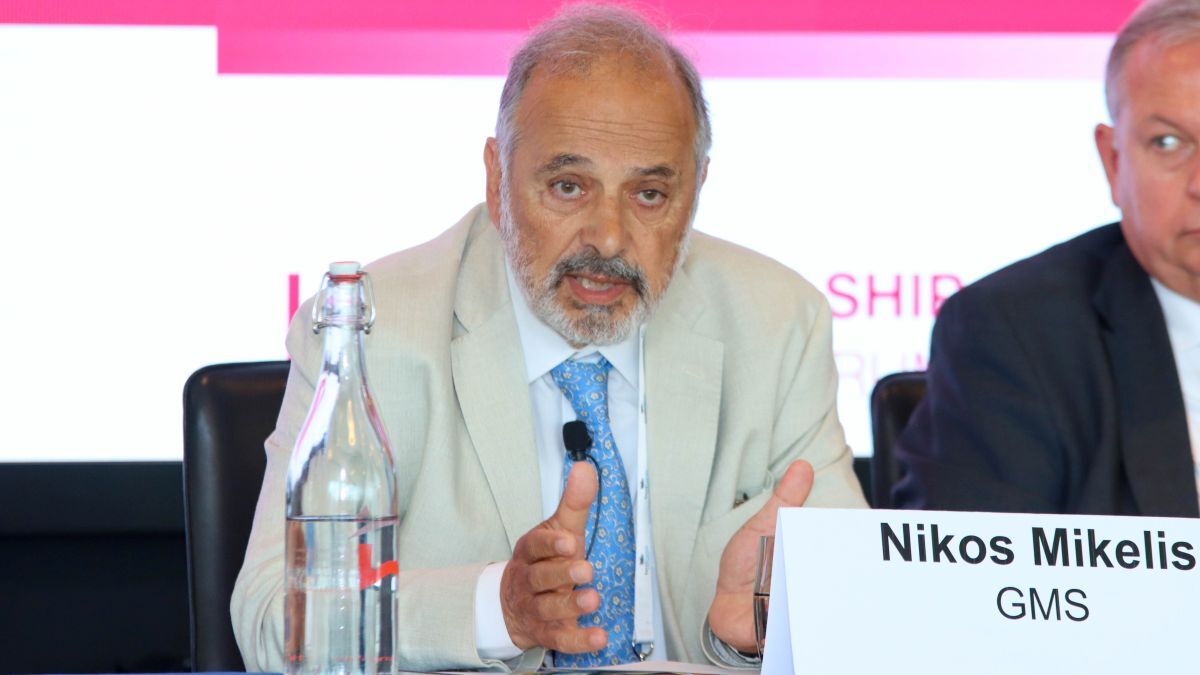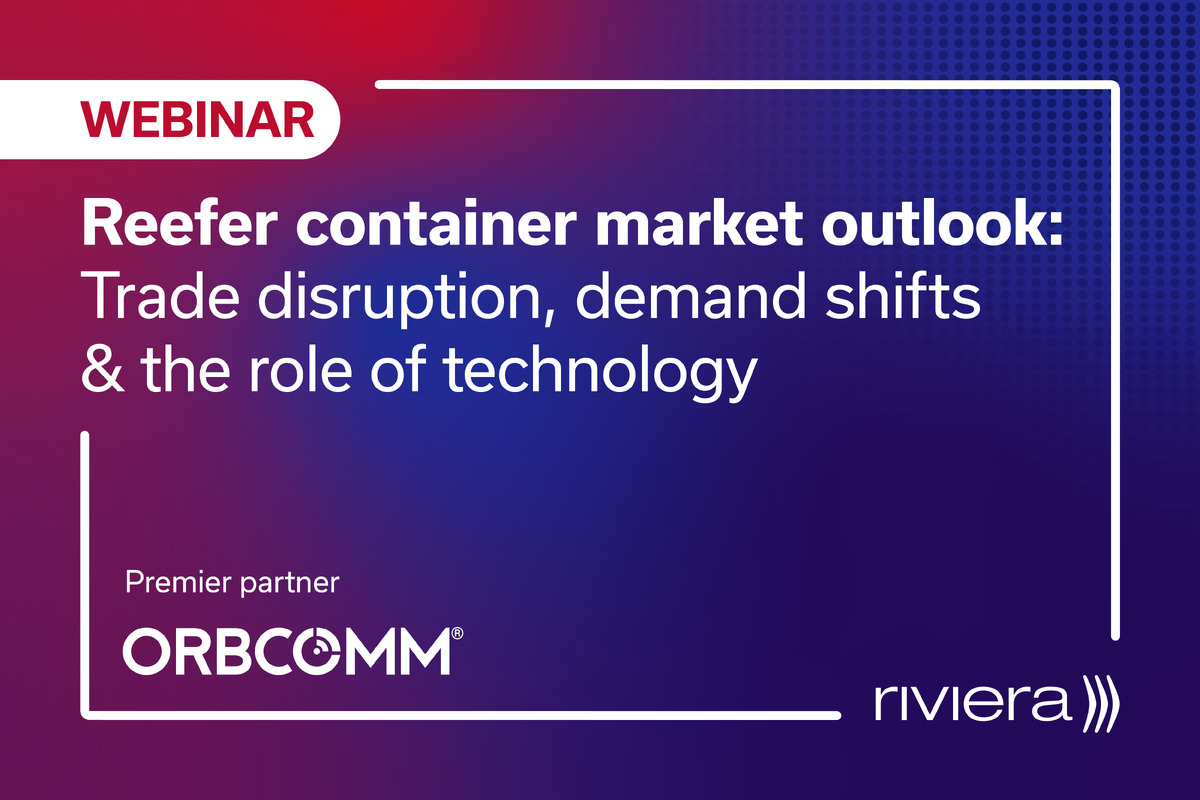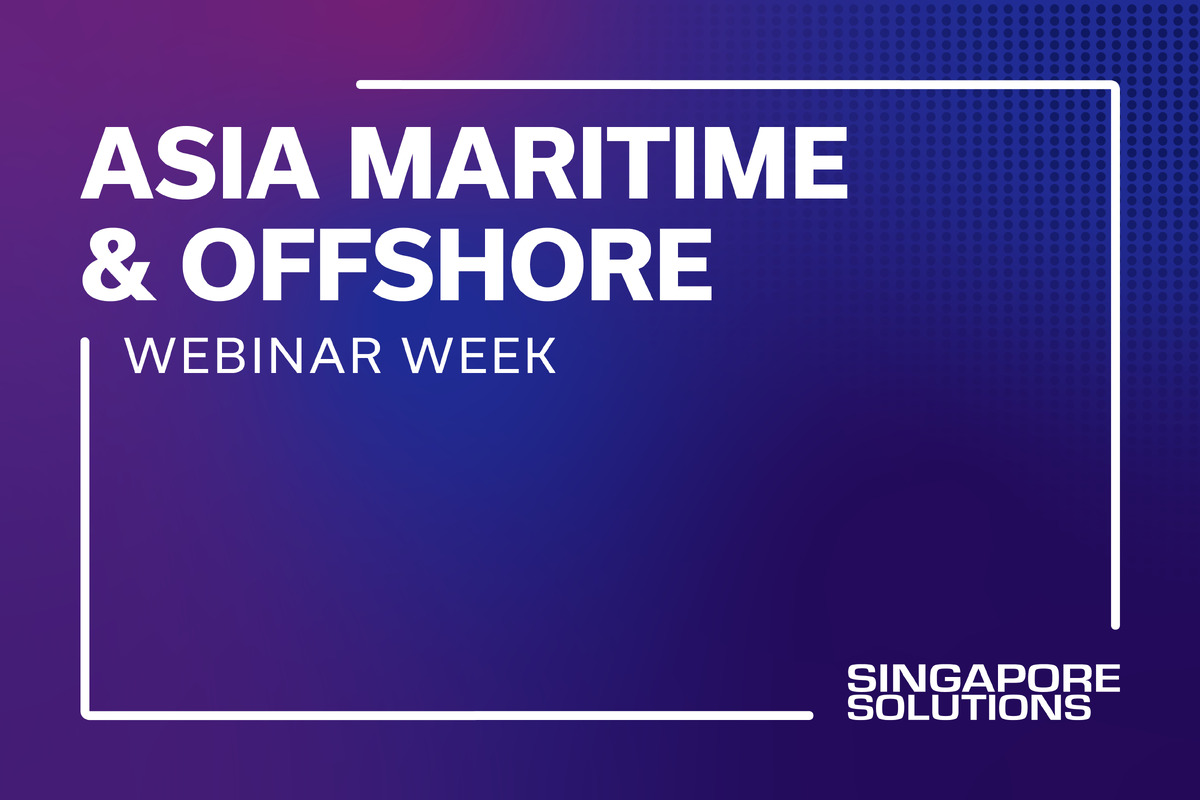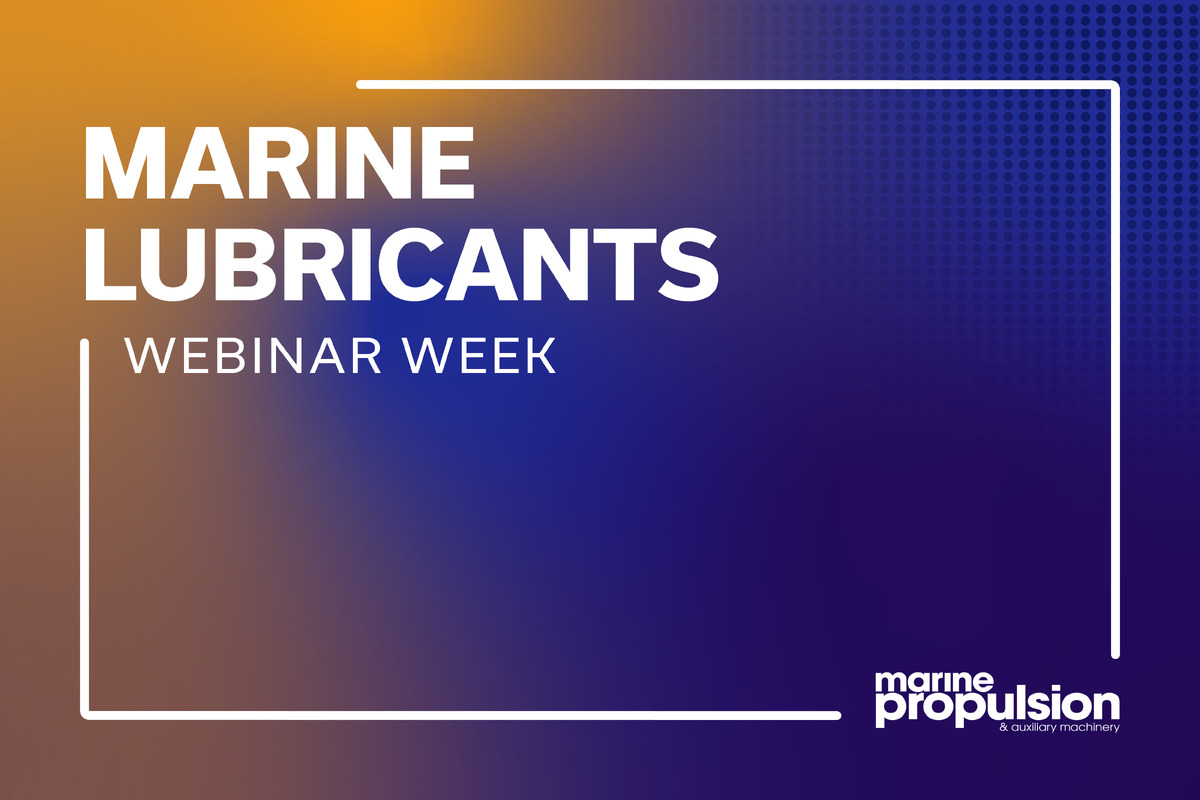Business Sectors
Events
Contents
US LNG transforming American maritime industry
US congressional legislation requiring a portion of US LNG to be shipped on US-flagged vessels is not necessary to create American maritime jobs, says John Snyder
February marked the 60th anniversary of the maiden voyage of the world’s first LNG carrier Methane Pioneer. Originally built as a cargo ship in 1945 by the US Maritime Commission and sold to private owners as World War II was coming to an end, Methane Pioneer was converted to an LNG carrier at Alabama Drydock and Shipbuilding Co in Mobile, Alabama. The ship carried 32,000 barrels of LNG from Calcasieu River in Louisiana to Canvey Island in the UK on its historic voyage.
Now, 60 years later, there are some 500 LNG carriers in the world fleet and another 100 on order or under construction – none of which fly the US flag. And US Representative John Garamendi, a California Democrat, has an issue with that.
With exports of LNG flowing freely from the US Gulf and more export terminals proposed, Representative Garamendi would like to see a portion of those cargoes shipped on US-flagged LNG carriers manned by American crews and built at American shipyards. The Congressman is urging that any trade deal with China regarding increased purchases of American energy should also require LNG and crude to be carried on US-flagged ships.
Working with Senator Roger Wicker, a Republican from Mississippi, Representative Garamendi has filed the 'Energizing American Shipbuilding Act,' which would require a certain percentage of LNG exported from the US to be carried on US-flagged, US-manned and US-built LNG carriers by 2025.
In a joint letter to US trade representative Robert Lighthizer, Secretary of the Treasury Robert Mnuchin and Secretary of Commerce Wilbur Ross, the Congressmen wrote that their bill “would grow the US-flagged fleet and create thousands of new, well-paying jobs for American mariners, shipyards and our domestic maritime industry.”
However, the US maritime industry is already being transformed by the growing supply of US LNG. Here are just a few things I think the two Congressmen should keep in mind:
- LNG carried on US-flagged LNG carriers would have higher operating costs, making US LNG less competitive on the world market.
- LNG is already creating thousands of jobs in US; a study by the American Petroleum Institute estimates that increased US LNG exports and new export terminals will add between 220,000 to 452,000 jobs by 2040.
- LNG is already creating opportunities for US shipyards; the first LNG bunker barge has been constructed and is now in operation with more LNG bunker ATBs being built in Mississippi.
- LNG is already creating opportunities for US mariners; there are increasing opportunities for escort tugs at LNG terminals and mariners will also be needed for new small-scale LNG bunker and transport vessels, both self-propelled and articulated tug barge units that will serve both the coastal and feeder markets.
LNG and renewables are growing as part of the world’s energy mix in an effort to reduce greenhouse gas emissions and provide affordable clean energy. US LNG will remain a growing part of that supply for decades to come and will continue to create American maritime and shipbuilding jobs — no legislation necessary.
Related to this Story
Events
TUGTECHNOLOGY '25
Reefer container market outlook: Trade disruption, demand shifts & the role of technology
Asia Maritime & Offshore Webinar Week 2025
Marine Lubricants Webinar Week 2025
© 2024 Riviera Maritime Media Ltd.




